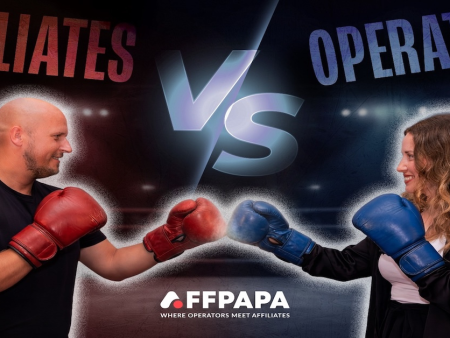Last updated on June 13th, 2025

The Dutch Supreme Court stands firm on its decision to hold Curaçao master license holders liable for their sub-licensees’ actions regarding unpaid player winnings after a Turkish player didn’t receive his winnings from an online casino operating with such a license.
More specifically, the lawsuit centred on a player from Turkey who used the services of Bahsine, an online casino owned by Trigonon Group NV that operates with a sublicense from Cyberluck Curaçao NV.
As per the details of the lawsuit, the Turkish player won $17,574 (620,000 Turkish Lira) but claimed that Bahsine shut down his account when he tried to withdraw his winnings.
The Foundation for The Advocation of Victims of Online Gambling (SBGOK), an organization dedicated to helping players with similar issues, took over the rights to this claim and proceeded with the lawsuit on behalf of the player.
According to Antilliaans Dagblad, the Dutch Supreme Court ruling supports the earlier decision made by the Curaçao Common Court of Justice, finding that both Cyberluck and Trigonon shared responsibility for the unpaid winnings.
While Trigonon did, in fact, run the operations, the Court still decided that Cyberluck, the master license holder, is responsible for making sure that its sublicensees follow the rules imposed by the regulator, ordering the operator to pay the winnings.
Cyberluck protested the decision and argued that the penalty imposed was too high and went against fairness and common sense, a notion that the Dutch Supreme Court instantly disregarded.
However, the Court stressed that it is the duty of the main license holder to make sure that all of its sub-licensees comply with the rules.
The Court also stated that the reason why more people are misusing Curaçao’s licensing system is because of poor monitoring and that this issue got worse because of the decentralized nature of how Curaçao licenses were handed out.
Despite this ruling not forcing Cyberluck to pay the fine right away, the company went bankrupt.
Thanks to the efforts of the SBGOK, led by Nardy Cramm, a Dutch journalist, more and more license holders and operators are becoming accountable for their actions.





